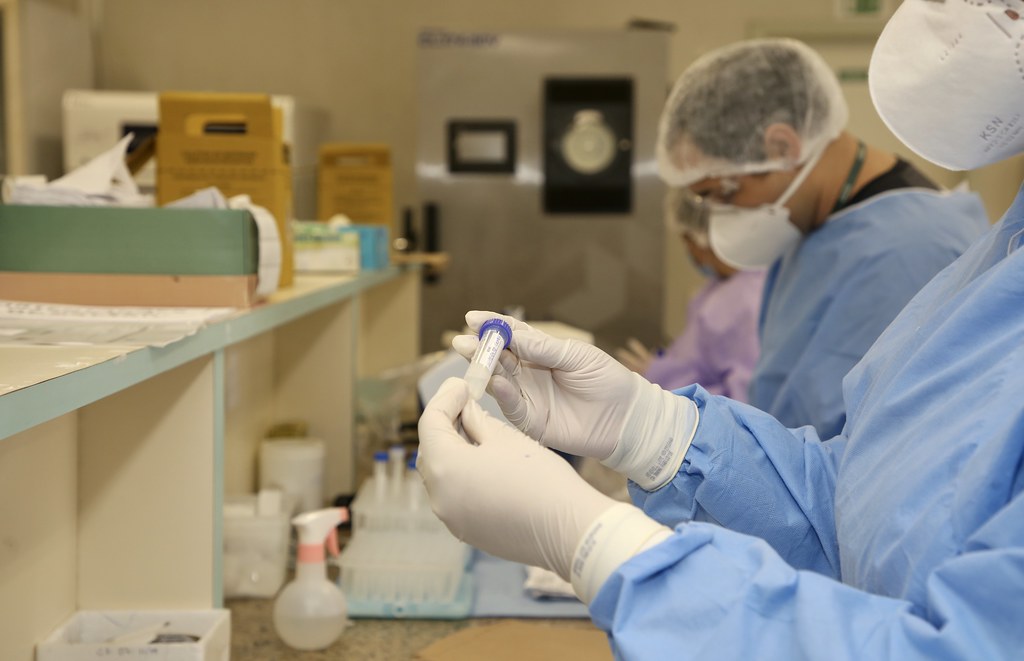The words epidemiology, epidemiologists, epidemics and pandemics have become so common that they are already part of our lexicon. All because of the current pandemic. Like the virus in question, they are here to stay.
Epidemiology is a science, but it must be considered as a discipline, a true work and research tool for health professionals.
Modern epidemiology was born in the mid-nineteenth century and reflects, in essence, the incorporation of the scientific method in the area of medicine, the last area of human knowledge to be scientificized. It took three centuries!
In any case, medicine will never be scientificized for multiple reasons, as beliefs, myths, culture and tradition will continue to impose their rhythms and interpretation of phenomena.
Even so, modern medicine was born from that moment in a remarkable way. With epidemiological methods, it was possible to “construct” the diseases and identify the determinants of health and disease, enabling the establishment of hygiene and collective and individual prevention measures, as well as modification of risk behaviors and attitudes. These measures determined, in a short period of time, more health, more well-being and greater longevity.
The scientific methods underlying epidemiological practice continue to be practiced at various levels and in all medical specialties, not just in matters of public health.
The areas of degenerative diseases, namely cancer and cardiovascular diseases, have been extraordinarily enriched to the point where we know the main risk factors and, consequently, awaken the attention and care to be taken in taking preventive measures.
Epidemiology has this “power”. It is the duty of epidemiologists to contribute their knowledge, scientific methods and humanistic principles to the well-being and health of human beings.
Life above all, but with health and well-being. Epidemiology also helps to achieve these goals…
Author Salvador Massano Cardoso is Emeritus Full Professor of Epidemiology and Preventive Medicine at the Faculty of Medicine of the University of Coimbra, where he was also director of the Institute of Hygiene and Social Medicine and responsible for the Masters courses in Public Health and Occupational Health.
Specialist in Occupational Medicine by the Medical Association.





















Comments